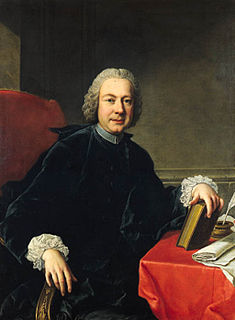A Quote by Pietro Metastasio
The eye that gazes upon the sun sees not the orb it looks upon, confounded by the excess of its brightness.
Related Quotes
The bad economist sees only what immediately strikes the eye; the good economist also looks beyond. The bad economist sees only the direct consequences of a proposed course; the good economist looks also at the longer and indirect consequences. The bad economists sees only what the effect of a given policy has been or will be on one particular group; the good economist inquires also what the effect of the policy will be on all groups






































